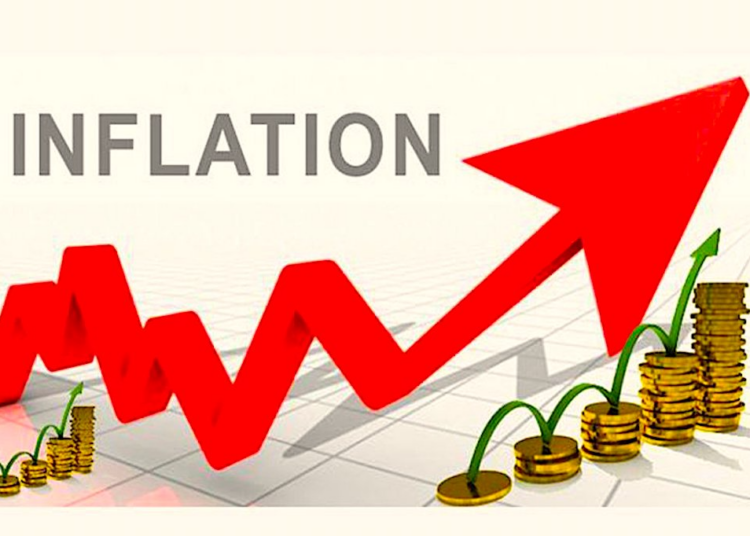The managing director/CEO of Arthur Stevens Asset Management Limited, Olatunde Amolegbe, has projected that a stable foreign exchange market and falling inflation rates could drive significant growth in Nigeria’s equities market in 2025.
Amolegbe stated this at the Capital Market Correspondents Association of Nigeria (CAMCAN) review of the 2024 economic activities and expectations for 2025, themed, “In-Depth Evaluation of the Capital Market in 2024 and Prognosis for 2025.”
He stated, the Nigerian stock market is set for a bullish 2025 as investors position ahead of 2024 full year results and dividend declarations, especially in the banking sector.
He however said, market performance will depend on key factors, including economic growth trajectory, monetary policy direction, and corporate earnings performance.
“Nigeria’s relative market attractiveness, if supported by stable policies, could lead to increased foreign portfolio inflows (FPI). We projected 39 per cent return on the All-Share Index (ASI) driven by ongoing bank recapitalization, fresh equity listings, and anticipated monetary policy easing by the Central Bank of Nigeria (CBN).
“The recapitalisation process is expected to boost investor confidence, while new listings like the Dangote Refinery will enhance market liquidity. We anticipate a shift toward equities as fixed-income yields decline, particularly as the CBN adopts a more accommodative stance,” he added.
He pointed out that despite concerns around exchange rate volatility and inflation, conservative sectors such as banking, consumer goods, and industrials are expected to perform well.
Highlighting the interplay between FX stability and inflation, Amolegbe noted that favourable movements in the FX market could lead to a gradual stabilisation and eventual decline in inflation rates.
“If inflation drops, it could prompt monetary policy authorities to either maintain current rates or start reducing them.
A drop in interest rates would likely be another positive driver for the equities market,” he explained.
On sectoral projections, he shared a positive outlook for the Banking, Industrial, and Oil & Gas sectors, emphasising the potential impact of deregulation on oil and gas growth and identified the Dangote Refinery’s listing as a key development for the industrial sector.
On the agriculture sector, Amolegbe highlighted continued government investments and security improvements as growth drivers, saying, ‘companies with significant export components in their products stand to benefit from favourable international product prices.’
He noted that the outlook reflects growing optimism in Nigeria’s capital market as stakeholders prepare for another pivotal year in the nation’s economic journey.





